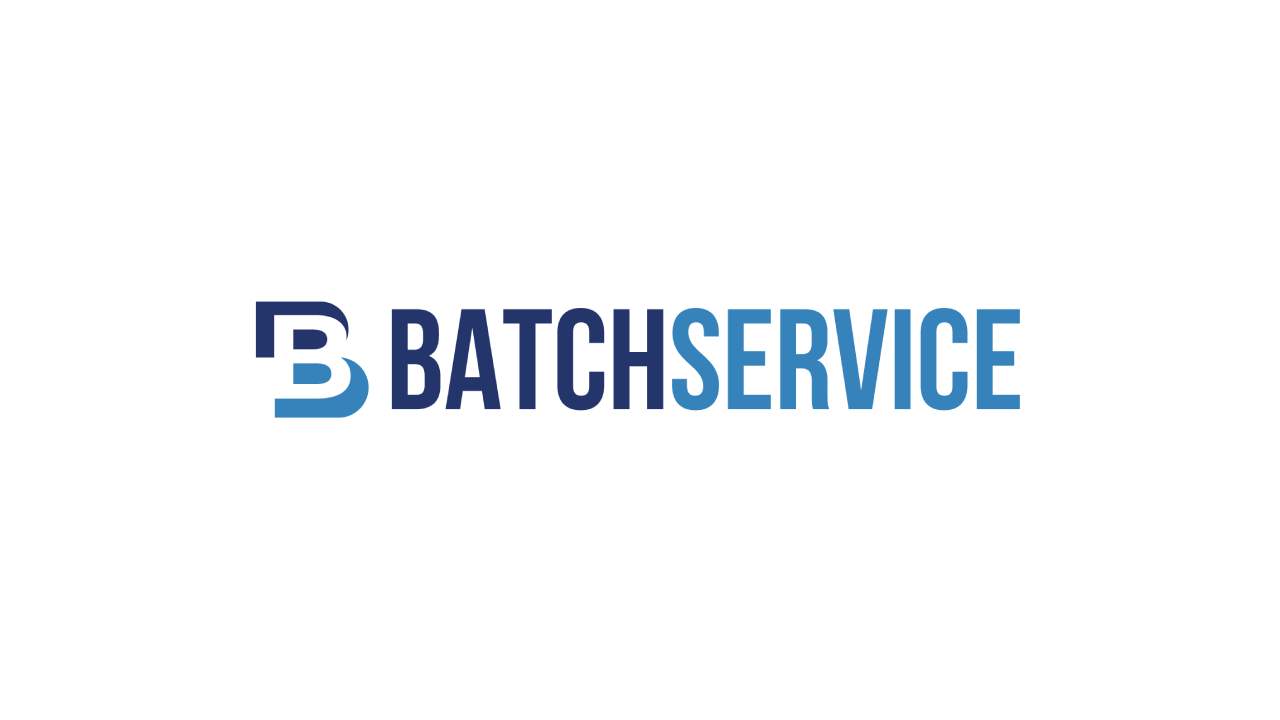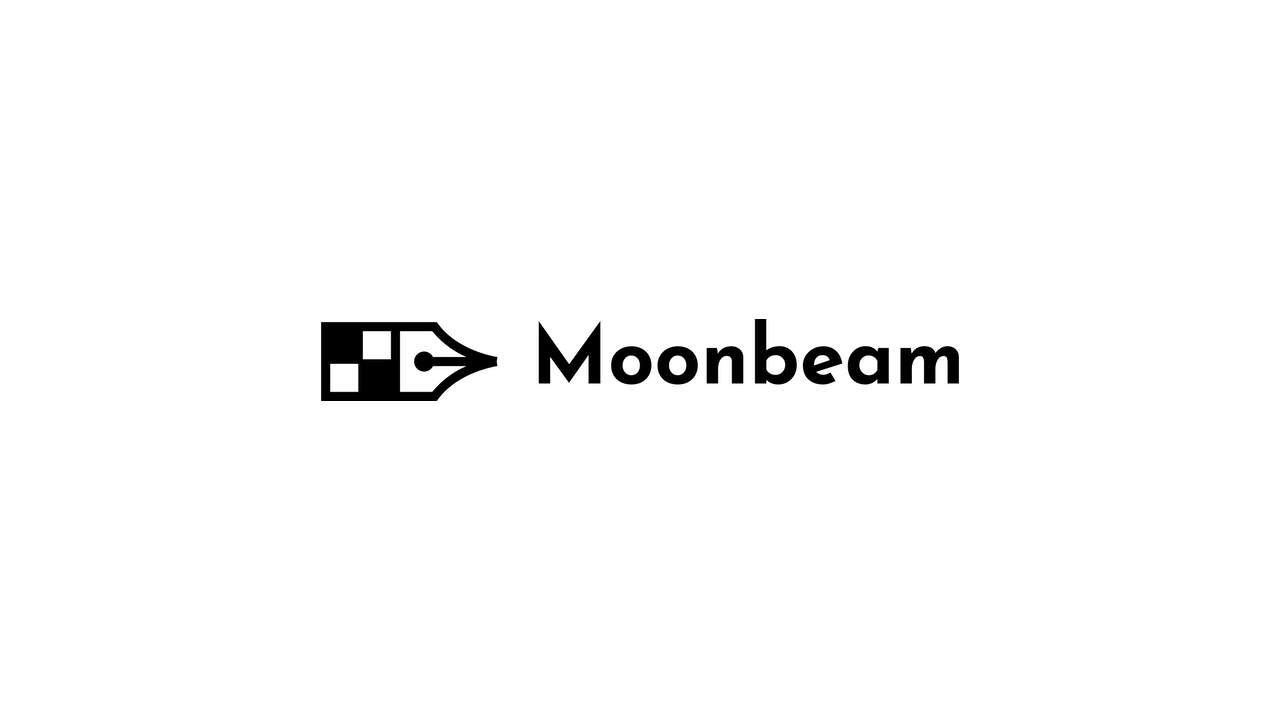The ability to effectively manage customer relationships has become paramount. This is where Customer Relationship Management (CRM) software steps in. With a myriad of options available, selecting the ideal CRM software for your business can be a daunting task. In this comprehensive guide, we'll delve into the essential steps that will guide you in choosing the perfect CRM software that aligns with your business goals and requirements.
See also our top CRM software.
Assess Your Business Needs
Before embarking on your CRM software journey, it's crucial to take a step back and gain a deep understanding of your business needs. What are your primary objectives? Are you focusing on sales, marketing, customer support, or a combination of these? Identifying your pain points and aspirations will serve as a solid foundation for your CRM software selection process.
Define Your Budget
CRM software solutions come in a wide range of pricing structures, catering to businesses of all sizes. It's imperative to define a clear and realistic budget that takes into account not only the upfront costs but also the ongoing subscription fees, potential customization expenses, and training costs. A well-defined budget will help you narrow down your options and ensure a financially sound decision.
Determine Deployment Preferences
One of the early decisions you'll need to make is whether you prefer an on-premises or a cloud-based (Software as a Service, or SaaS) CRM solution. Cloud-based options offer unparalleled flexibility, scalability, and accessibility, making them ideal for businesses with evolving needs. On the other hand, on-premises solutions offer greater control over data but may require more substantial IT infrastructure. Your choice should align with your existing technology landscape and future plans.
List Essential Features
A robust CRM software should offer a plethora of features that cater to your specific business requirements. Create a comprehensive list of must-have features based on your industry, objectives, and workflows. Common features include contact management, lead tracking, sales forecasting, email marketing integration, analytics, and automation. By prioritizing your required features, you'll be better equipped to evaluate potential solutions.
Scalability and Customization
While choosing CRM software, it's imperative to think not only about your immediate needs but also about your business's growth trajectory. Opt for a solution that is scalable and adaptable to accommodate your evolving requirements. Moreover, assess the software's customization capabilities. A CRM software that can be tailored to align with your unique processes and workflows will significantly enhance your team's efficiency.
Integration Capabilities
In today's interconnected business ecosystem, seamless integration between various tools and platforms is crucial. Your chosen CRM software should have the ability to integrate effortlessly with other systems your business relies on, such as email clients, marketing platforms, and e-commerce systems. This integration not only streamlines processes but also prevents data silos that can hinder productivity.
User-Friendly Interface
The success of any CRM software implementation heavily relies on user adoption. A user-friendly interface is pivotal in ensuring that your team can quickly and efficiently navigate the software's features. Prior to making a decision, consider requesting demos or accessing trial versions to gauge the software's ease of use and intuitiveness.
Mobile Accessibility
With the prevalence of mobile devices, the ability to access and manage customer data on the go has become a necessity. When evaluating CRM software, ensure that it offers mobile applications or a responsive design that allows your team to access, update, and retrieve critical customer information from anywhere. This feature not only enhances the agility of your team but also enables them to be more responsive to customer needs.
Data Security and Privacy
Protecting customer data is of paramount importance. Before finalizing your choice, thoroughly evaluate the data security measures implemented by the CRM software provider. Look for features such as data encryption, user access controls, and compliance with data protection regulations such as GDPR. Ensuring the safety and privacy of customer information builds trust and credibility with your clientele.
Vendor Reputation and Support
The reputation of the CRM software vendor holds substantial weight in your decision-making process. Conduct thorough research on the vendor's track record, customer reviews, and testimonials. A reputable vendor not only offers a high-quality product but also provides excellent customer support, regular updates, and a robust knowledge base or help center to assist your team in times of need.
Popular CRM Software Solutions:
-
Pipeline CRM: Pipeline CRM offers a powerful solution designed to streamline your sales process, making it easy and frictionless to build relationships and close deals. In this blog post, we will explore the key features and benefits of Pipeline CRM, trusted by over 18,000 users worldwide.
-
HubSpot: HubSpot is a leading CRM platform that offers a comprehensive suite of software, integrations, and resources to help businesses grow better. In this blog post, we will explore the power of HubSpot and how its various products can empower your marketing, sales, content management, customer service, and overall business growth.
-
EngageBay: EngageBay offers a comprehensive, unified platform that brings all your teams together, simplifying your business processes and maximizing efficiency. In this blog post, we'll explore the key features and benefits of EngageBay, the world's most affordable all-in-one CRM software.
In conclusion, selecting the perfect CRM software for your business is a decision of significant magnitude. By meticulously assessing your business needs, defining a realistic budget, considering deployment preferences, and evaluating features like scalability, integration capabilities, user-friendliness, and security, you're well-equipped to make an informed decision. Remember that there is no one-size-fits-all solution; prioritize alignment with your unique business processes and objectives. With the right CRM software in place, you'll be poised to forge and nurture enduring customer relationships that propel your business toward growth and success.
See also our top CRM software.





